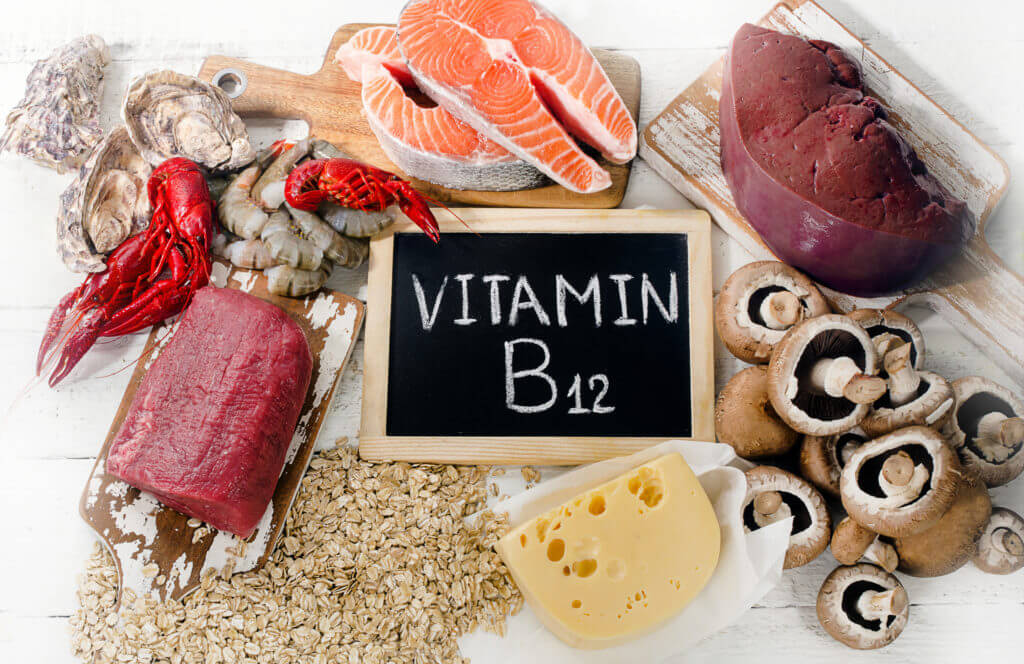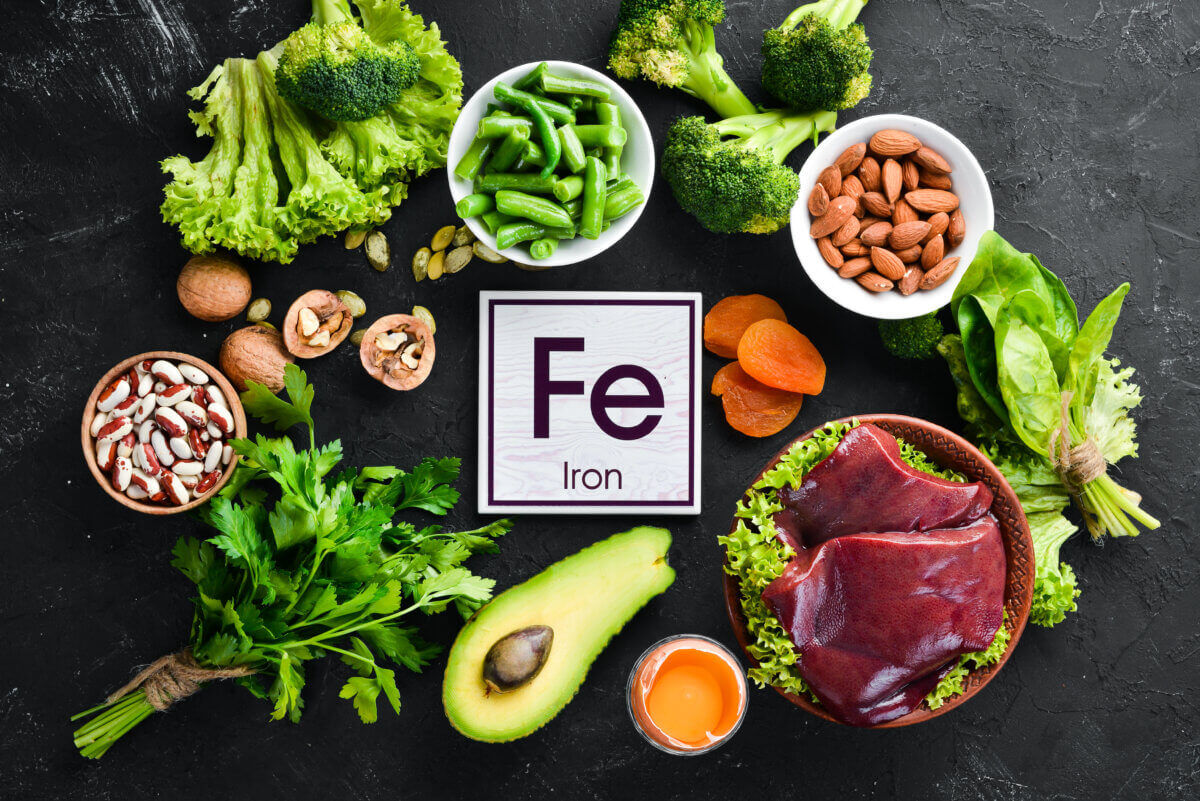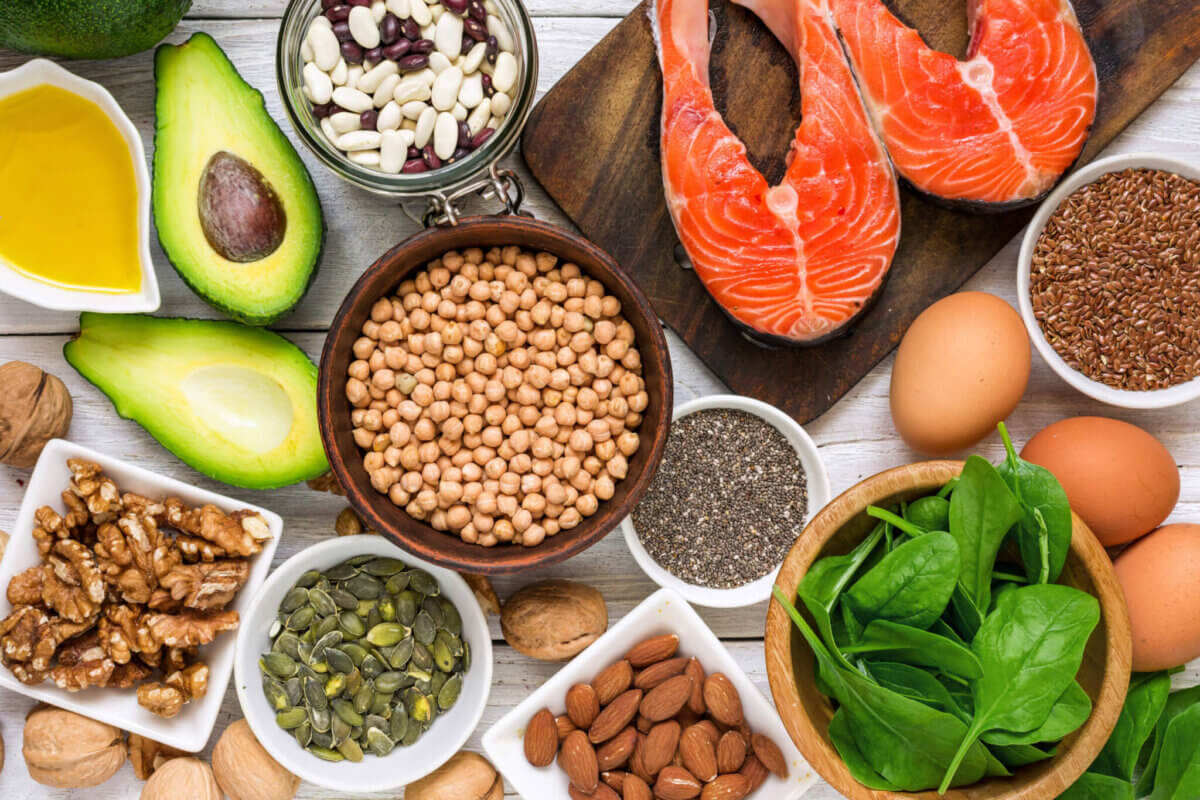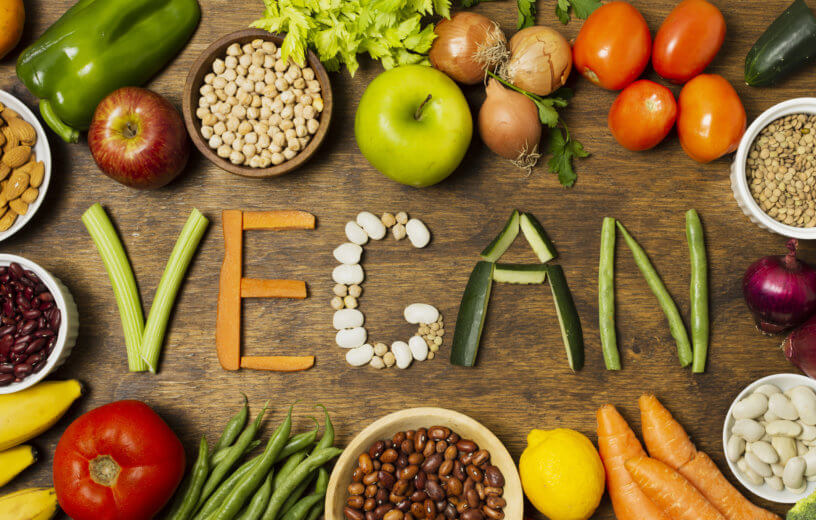Even just five years ago, some viewed eating a vegan diet as somewhat abnormal. Since then, there’s been a plant-based boom! Now, it has become pretty mainstream. More people have started to follow this trend in support of animal rights, environmental concerns, or for their own health. From a health perspective, there isn’t anything inherently wrong with eating a vegan diet, but there are things to consider so that you nutritionally fill any gaps.
What is a vegan diet?
A vegan diet consists of entirely plant-based foods. This includes nuts, grains, fruits, soy, and vegetables. People on this diet refrain from eating meat, dairy, eggs, honey, or anything else derived from an animal, such as gelatin. Vegan diets also exclude supplements like cholecalciferol (vitamin D3), as this is derived from wool. Alternative sources would be utilized. In recent years, there’s been a huge increase in available vegan options. These foods include soy or vegetable protein-based meats and cheeses, non-dairy milk alternatives, and bee-free honey.
Are vegan diets healthy?
There’s nuance attached to any discussion regarding the health of a diet because everyone eats differently. For example, someone who follows a vegan diet could make most of their diet up of fruits, vegetables, whole grains, and legumes. Someone else on a vegan diet could fill their diet up with Oreos (yes, Oreos are vegan), chips, and other similar foods. Obviously, the former version of a vegan diet would be healthier than the latter.
At the same time, a vegan diet rich in whole foods has been shown to improve several health biomarkers — namely, cholesterol, blood pressure, liver health, and blood sugar. However, even a healthy vegan diet may be missing certain nutrients, here are the top three:
Possible vegan diet nutrient gaps
Vitamin B12
This B vitamin is crucial for metabolism, nerve function, muscle, and cardiac health. B12 is mainly and most easily found in animal-based foods. On a vegan diet, it is important to either choose foods fortified with B12 or work with your provider on including a supplement. B12 deficiencies can go years, sometimes decades, without showing up clinically or symptomatically.

Iron
Iron exists in two forms: heme and non-heme iron. Heme iron is found in animal-based foods and is much more bioavailable to the body compared to non-heme iron, which is largely found in plants. So, while foods like spinach and beans have iron, it is not in the most optimal form. To boost iron absorption, pair vitamin C-rich foods with non-heme iron sources and try to avoid calcium with these meals. Calcium inhibits iron absorption, while vitamin C enhances it.

Omega-3 fatty acids
Plentiful in salmon, sardines, and other seafood, omega-3 fats are the “healthy” fats that our bodies utilize to protect heart health. They also can reduce inflammation and support brain health. The most common forms found in the diet are eicosapentaenoic acid (EPA), docosahexaenoic acid (DHA), and alpha-linolenic acid (ALA).
EPA and DHA are found largely in animal foods, such as sardines and other seafood. ALA is often found in plant foods like flax and chia seeds. ALA needs to be converted into EPA and DHA in the body, but this conversion is not very effective. An algal-based supplement may be of benefit to fulfill these nutrients.

Bottom Line
A vegan diet can be healthy and sustainable, but it is easy to let nutrient deficiencies slip through the cracks if you are not keeping up with dietary gaps. Be sure you are getting tested for deficiencies with the guidance of your health provider, and let them or a dietitian know that you are on a vegan diet. By eating a diet rich in whole plant foods, you will cover several nutrient bases, but there are some that are more optimally received from a diet including animal products.
You might also be interested in:
- No bones about it: ‘Carefully formulated’ vegan diets still nutritious for dogs
- 3D printer creates vegan seafood that looks and tastes like the real thing
- Eating meat again ‘literally saved my life’: Ex-vegan says plant-based diet nearly killed her


All very true, even great at times, but fails to point out that with 8 billion people on Earth there is a severe shortage of animals as food. There are many reasons for going Vegan. The article correctly identified vegan sources of necessary nutrients, but fails to explain there are thriving herbivore human cultures… for millennia. Animal farming takes around 3x land and water. It was practical in past, but not now. The future of humanity is not perpetuating predatory skills, like false flagging, deception, etc, but honesty. The article also fails to point out what you get in with animal nutrition… their DNA. Why expose humanity to law of the jungle drugs. Thankfully might is not right in civil law. The galaxy also need a sustainable ethics: a humanity that does not consume all life on exoplanets… like Earth. Time we make room for a civilised species
Animals are tasty because humans evolved eating animals. Our metabolism and tastes reflect this